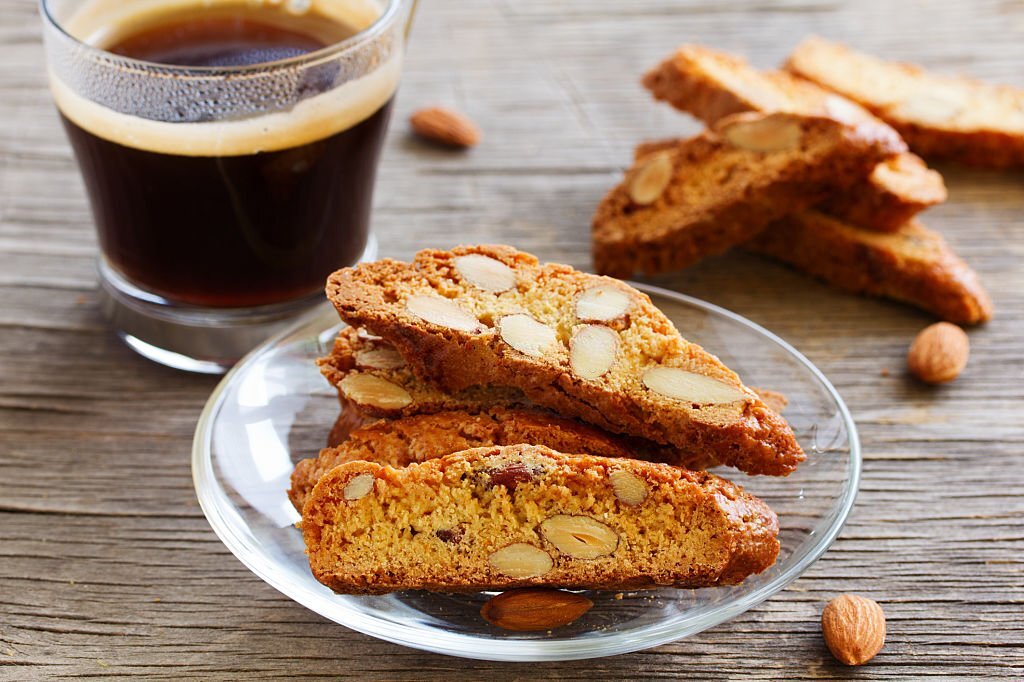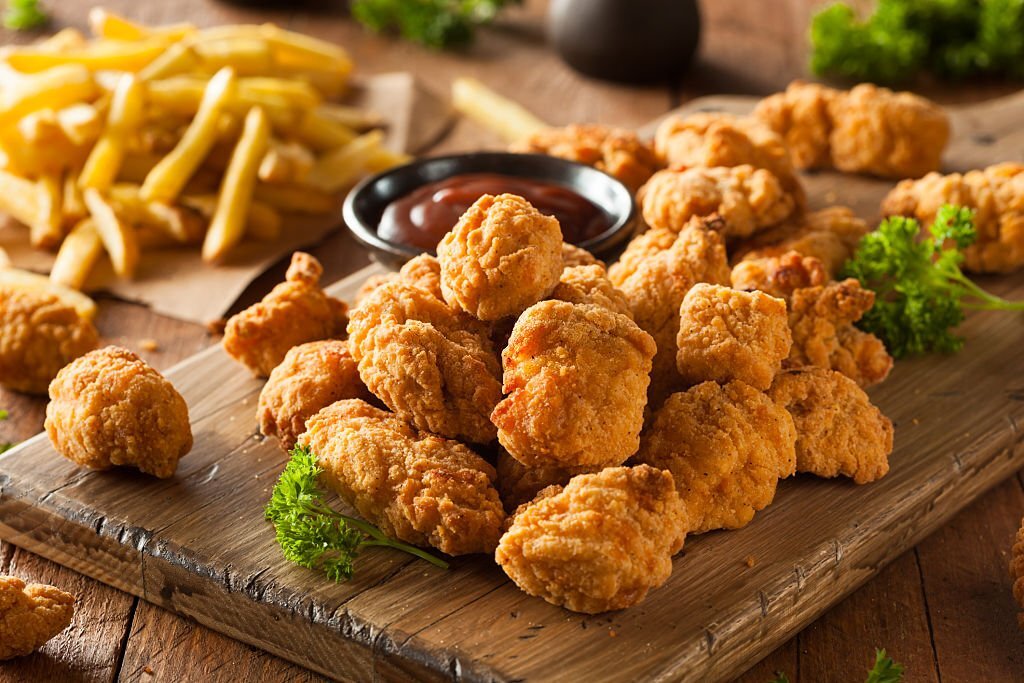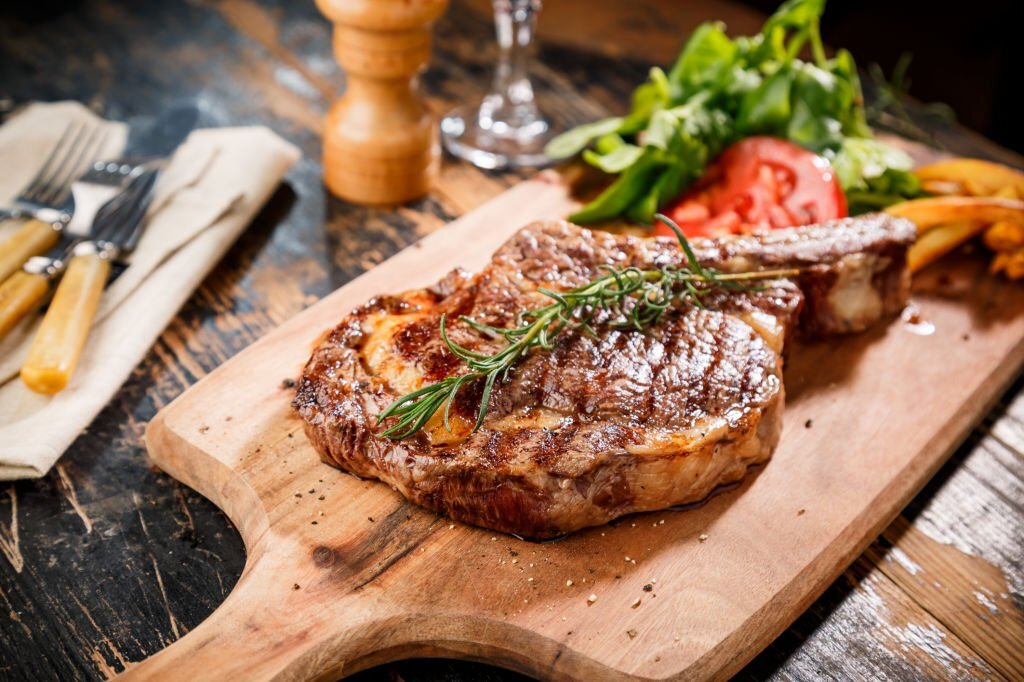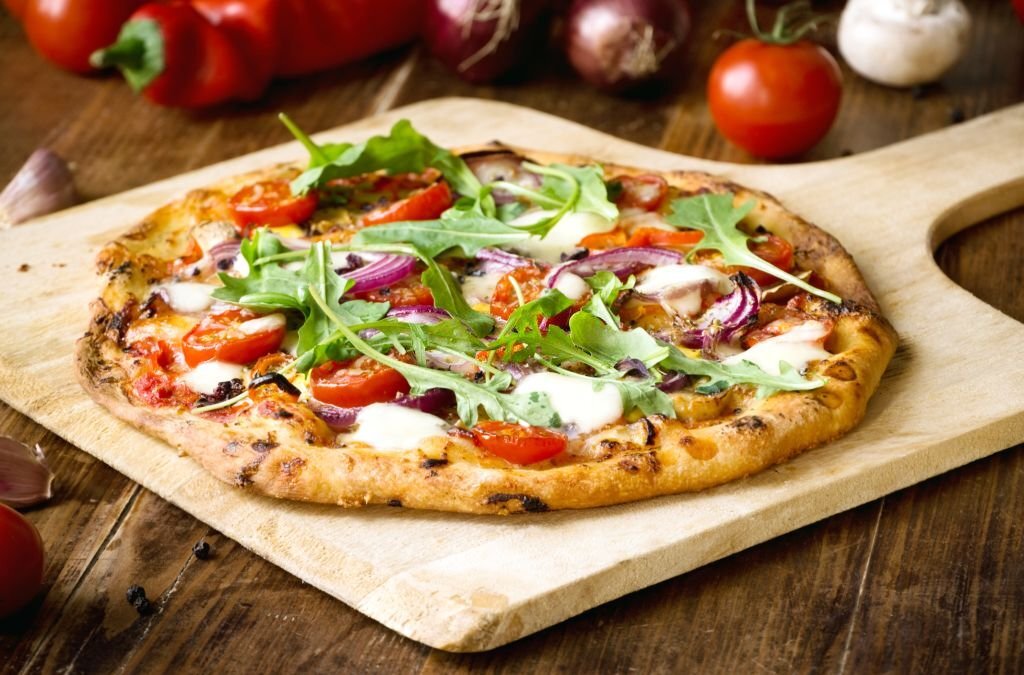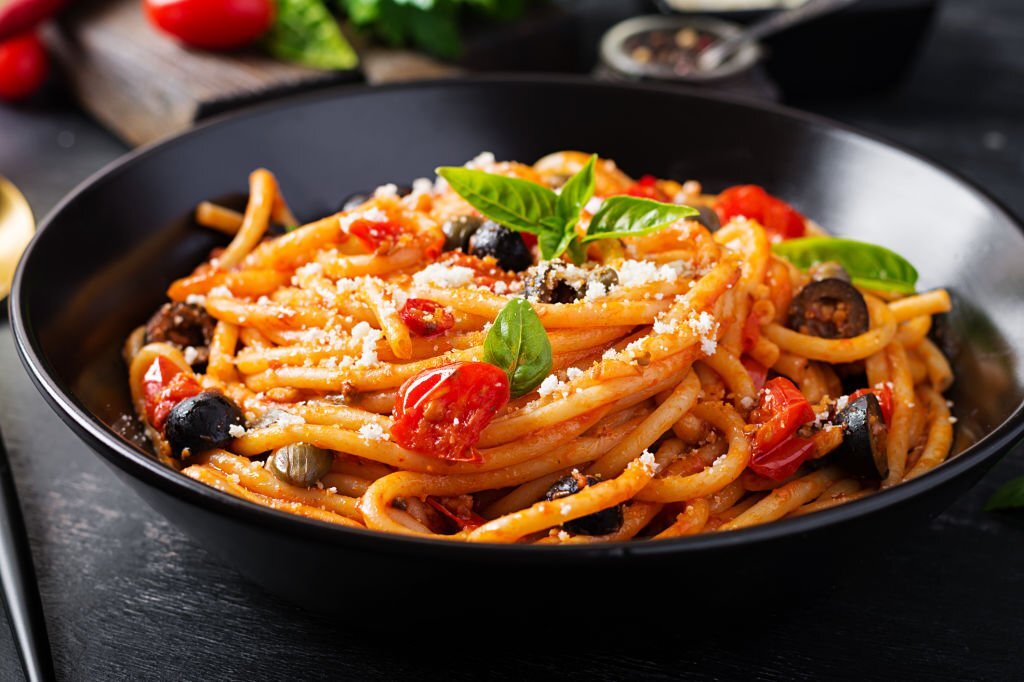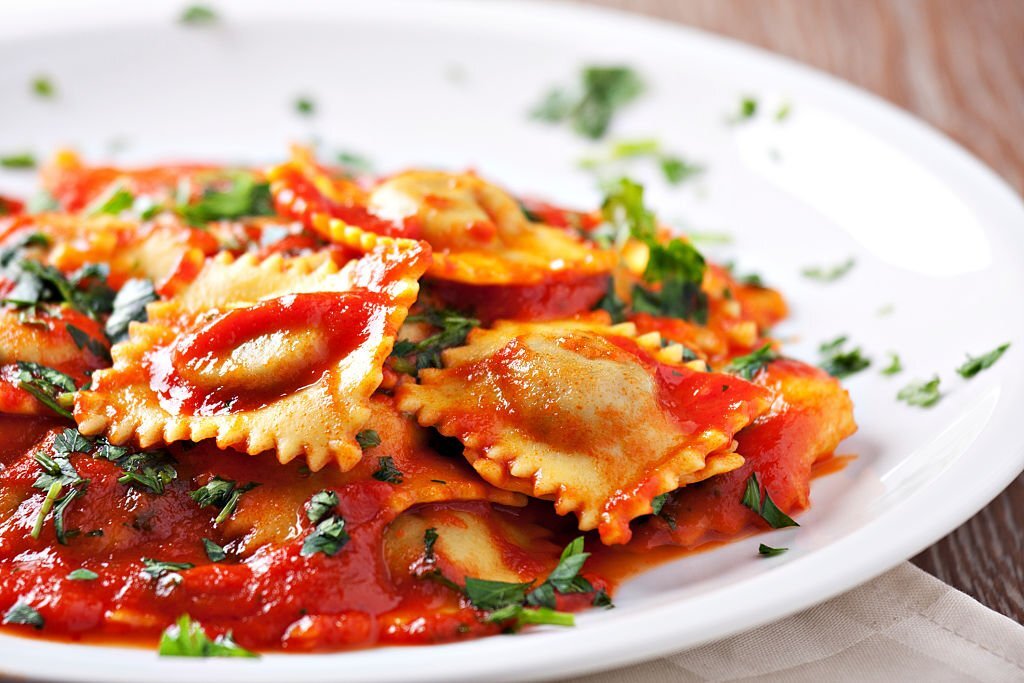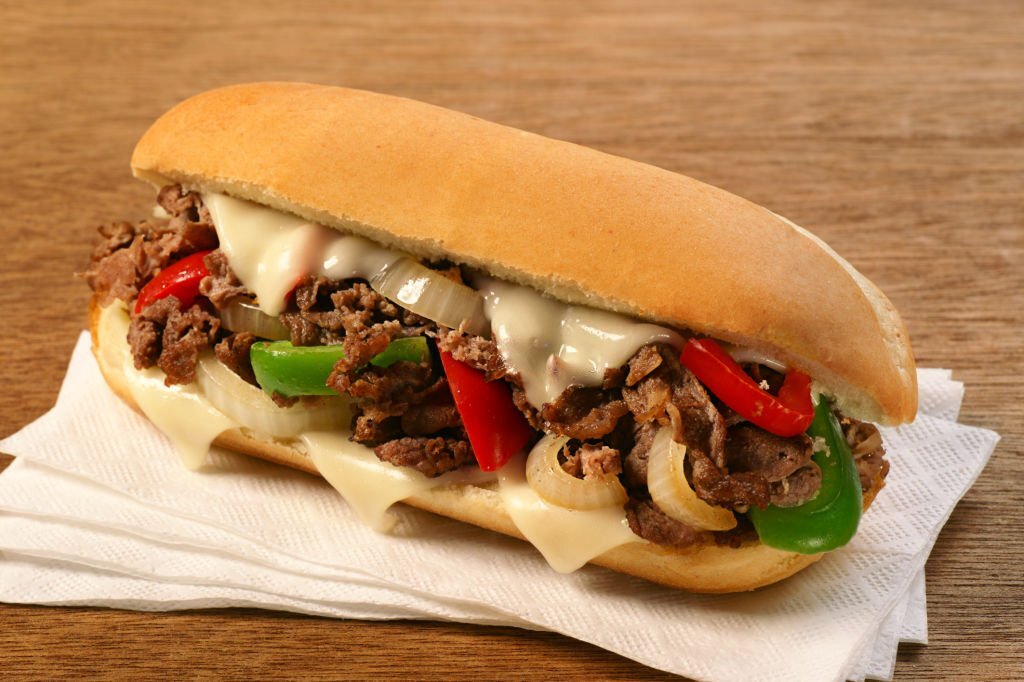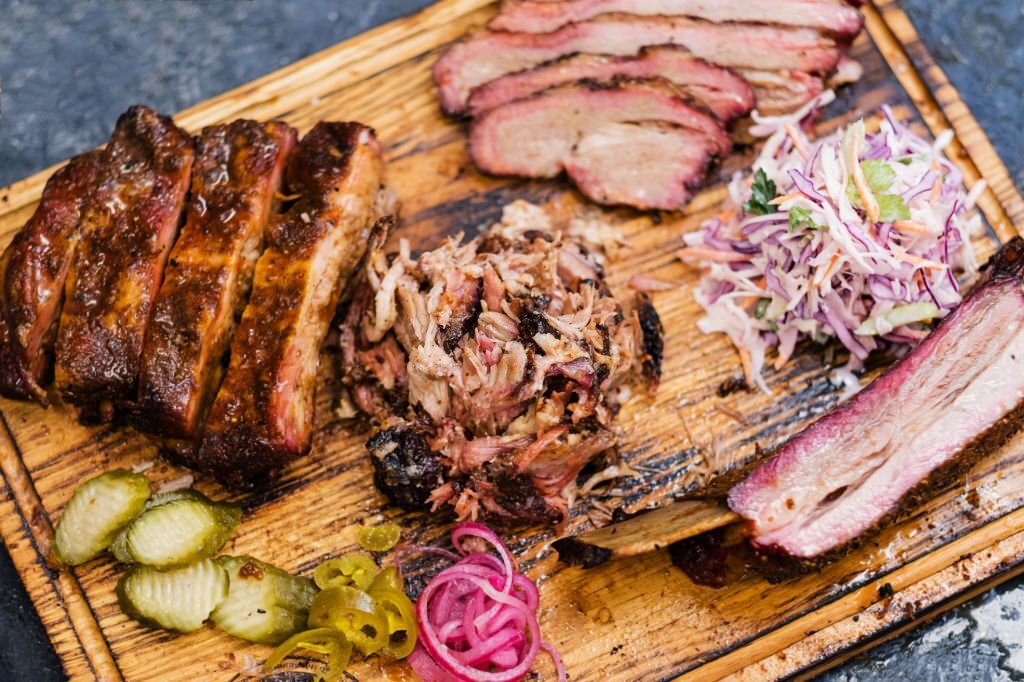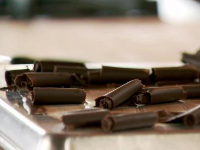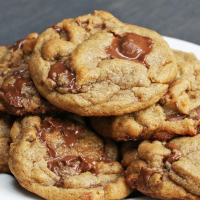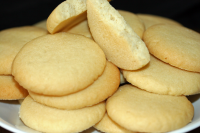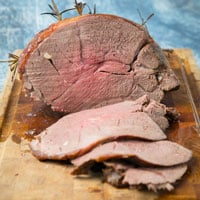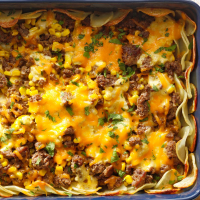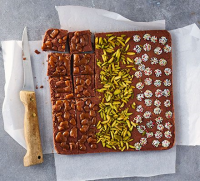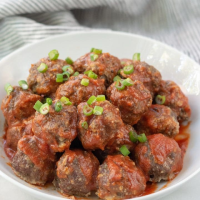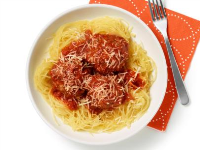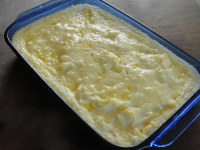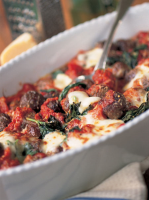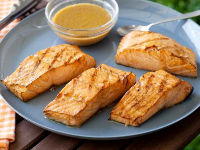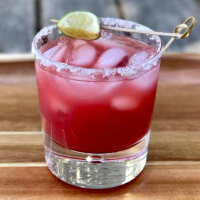More about "does the human body digest corn recipes"
WHY DOES THE HUMAN BODY NOT DIGEST CORN? | LIVESTRONG.COM
Jan 10, 2020 · Tip. While it might not seem that your body digests corn, it is only the outer shell that stays intact as the nutrients are absorbed by your body. Corn provides dietary fiber, which helps to regulate digestion by softening the stool and promoting regularity of bowel movements. Read more: 9 Delicious Ways to Enjoy End-of-Summer Corn.
From livestrong.com
From livestrong.com
See details
DOES YOUR BODY DIGEST CORN - ALL INFORMATION ABOUT HEALTHY ...
The body cannot digest corn. Corn is high in cellulose, which is an insoluble fiber that the body cannot digest. However, the body breaks down the other components of corn. Chewing corn for longer can also help the digestive system break down cellulose walls to access more of the nutrients.16-Jan-2019.
From therecipes.info
From therecipes.info
See details
5 MYTHS ABOUT CORN YOU SHOULD STOP BELIEVING | HUFFPOST LIFE
Jul 26, 2014 · Myth: Your body cannot digest corn -- and that's a bad thing. While it's true that corn has high amounts of insoluble fiber -- meaning, the kind of fiber that goes through the body intact and gets those bowel movements going -- this is not a bad thing, McDaniel says.
From huffpost.com
From huffpost.com
See details
WHY CAN'T HUMANS DIGEST CORN? | LIVE SCIENCE
Sep 13, 2020 · Why can't humans digest corn? Yes, thank you. The humans can't digest corn. When scientists invalidate ancient empirical knowledge, they do not realize that a solution to a problem already exists....
From livescience.com
From livescience.com
See details
WHY DOESN'T YOUR BODY DIGEST CORN? | BESTFOODFACTS.ORG
Jan 16, 2015 · Here’s what Dr. Slavin had to say about the way we digest corn: Starch in corn can be less digestible if the corn is not ground up, either in food processing or the digestive tract. When sweet corn is consumed and not completely chewed, some will pass through the digestive tract and escape digestion and absorption.
From bestfoodfacts.org
From bestfoodfacts.org
See details
IS CORN FLOUR GOOD FOR THE HUMAN BODY? - THE TIMES GROUP
From m.recipes.timesofindia.com
See details
IS CORN GOOD FOR YOU? NUTRITION AND HEALTH BENEFITS
Jan 16, 2019 · Corn is high in cellulose, which is an insoluble fiber that the body cannot digest. However, the body breaks down the other components of corn. Chewing corn for longer can also help the digestive...
From medicalnewstoday.com
From medicalnewstoday.com
See details
WHY IS SWEET CORN NOT DIGESTED? - BBC SCIENCE FOCUS MAGAZINE
Asked by: Judy Williamson, Fort William Sweet corn is digested, otherwise there would be little point in eating it. The inside of each kernel is almost pure starch and is digested very readily. But it is surrounded by a cellulose husk and humans have no way to break down cellulose molecules.
From sciencefocus.com
From sciencefocus.com
See details
IS IT TRUE THAT THE HUMAN BODY CAN'T DIGEST OR BREAK DOWN ...
Answer (1 of 4): Is it true that the human body can't digest or break down high fructose corn syrup? High fructose corn syrup (HFCS) is a mixture of water, glucose, and fructose. Table sugar (sucrose) is a chemical combination of glucose and fructose. The first thing that the body does when you...
From quora.com
From quora.com
See details
WHY DOESN'T YOUR BODY DIGEST CORN? | BESTFOODFACTS.ORG
Jan 16, 2015 · When sweet corn is consumed and not completely chewed, some will pass through the digestive tract and escape digestion and absorption. Resistant starch is considered similar to dietary fiber – and is under-consumed in the U.S. diet. So the lack of digestibility of corn would be considered a positive rather than a negative, generally.
From bestfoodfacts.org
From bestfoodfacts.org
See details
RE: WHY CAN'T THE HUMAN BODY DIGEST SWEET CORN (I.E. CORN ...
Feb 03, 1999 · Actually, you are partially correct that the human digestive system can't digest sweet corn (on the cob). The part that you see exit your body as part of your fecal matter is actually the part that the human digestive system can't do much with, because we don't have the enzymes (complicated proteins that the body creates) to break apart what ...
From madsci.org
From madsci.org
See details
ELI5: WHY DOESN'T THE HUMAN BODY DIGEST CORN ...
level 1. Toledojoe. · 7y. The human body does digest corn, however, it is the outer part of the corn kernels that does not get digested. That's what you are seeing in your poop. (I assume that's why you are asking.) 20. level 2. treesman4200.
From reddit.com
From reddit.com
See details
GRITS REDEFINED– HEALTHY ANCIENT GRAIN ... - SITE TITLE
Nov 25, 2017 · Corn is on the list of not-so good foods for your gut. The human body does not digest corn because it is composed of cellulose. Cellulose a polysaccharide consisting of a linear chain of several hundred to many thousands of glucose.Corn is primarily a starch. Starch is a carbohydrate, which ultimately become sugar.
From healthandheritage.wordpress.com
From healthandheritage.wordpress.com
See details
WHAT'S THE POINT OF EATING FOOD LIKE CORN IF WE CAN'T ...
Answer (1 of 4): WELL first off ,eating corn on the cob with real butter is fun ,a little messy but delicious.2nd you do get nutrients out of both the juice and the pulp.I think it’s the outer shell that our body’s don’t break down and dissolve.IF you would like to try eating corn for more that j...
From quora.com
From quora.com
See details
WHY DOES CORN ALWAYS EXIT THE SAME WAY IT ENTERS?
Actually, you are partially correct that the human digestive system can't digest sweet corn (on the cob). The part that you see exit your body as part of your fecal matter is actually the part that the human digestive system can't do much with, because we don't have the enzymes (complicated proteins that the body creates) to break apart what ...
From answerbag.com
From answerbag.com
See details
THE HARDEST FOODS TO DIGEST (AND WHY) | DIGESTIVE ENZYMES
Oct 26, 2013 · There are certain foods that are common, although they’re especially hard to digest. The reason that some foods are harder to digest than others lies in the types of digestive enzymes we produce as humans. Every nutrient has a specific enzyme that allows it to be broken down into absorbable molecules. Without sufficient amounts of…
From digeseb.wordpress.com
From digeseb.wordpress.com
See details
WHAT DOES RICE DO FOR THE DIGESTIVE SYSTEM? | LIVESTRONG.COM
Brown rice must be combined with other high-fiber foods to provide maximum digestive system benefits. You need other sources of insoluble fiber to aid in constipation prevention, and of soluble fiber to control cholesterol and glucose. The soluble fiber also feeds good intestinal bacteria because some of it ferments in your body.
From livestrong.com
From livestrong.com
See details
TO WHAT EXTENT CAN HUMANS DIGEST BLOOD? - QUORA
Answer (1 of 2): Human blood would be a terrible drink for humans. Not only would it have an excellent chance of spreading disease, it has very little nutrition and contains toxic components. I think the disease concern is obvious. Any blood-borne disease (hepatitis C, hepatitis B, HIV, many mor...
From quora.com
From quora.com
See details
NUTRITION MID-TERM FLASHCARDS | QUIZLET
Erika is making a recipe from ingredients that contain 120 ml of water, 50 g of fat, 20 g of protein, 500 mg of vitamin C, 100 g of carbohydrate and 600 mg of calcium. How many kilocalories does the entire product of this recipe provide
From quizlet.com
From quizlet.com
See details
HOWDOESPASTAGOTHROUGHTHEDIGESTIVESYSTEM? - ADELAIDEJCOLE
Add salt and eggs to the well and mix together slowly, adding water as necessary. Knead about 10 minutes or until firm; cover and let dough rest for 10 minutes, then knead again until very smooth. Cut dough into desired shape. The digestion of pasta starts with the mechanical breakdown of the pasta noodles in the mouth, where teeth grind up the ...
From sites.google.com
From sites.google.com
See details
WHAT HAPPENS TO YOUR BODY WHEN YOU EAT RICE — EAT THIS NOT ...
Mar 15, 2021 · Shutterstock. We often forget about all the good bacteria that live throughout our GI tract, but luckily, rice helps take care of these microscopic organisms, even if we forget. "If the rice is cooled after cooking, the starch becomes a resistant starch," Lindsay Allen, MS, RDN said. "Our bodies can't absorb all of the starch, and it will go undigested into the colon where it feeds our good ...
From eatthis.com
From eatthis.com
See details
HOW MUCH TIME YOUR BODY TAKES TO DIGEST THESE FOODS
Sep 11, 2020 · Vegetables high in water such as lettuce, celery, watercress, asparagus, cucumber, peppers, tomatoes and radishes digest in 30-40 minutes. Cooked leafy and cruciferous vegetables such as kale, brussel sprouts, broccoli, cauliflower and bok choy digest in around 40-50 minutes.
From m.recipes.timesofindia.com
From m.recipes.timesofindia.com
See details
NEOCATE INGREDIENTS EXPLAINED - WHAT'S IN NEOCATE?
Jul 02, 2021 · Fiber comes in many different forms and is found in a variety of foods. The best food sources of fiber are fruits, vegetables, legumes (like beans, soy, and peanuts), nuts, seeds, and whole grains. Specifically, fiber is a type of complex carbohydrate. Unlike other carbohydrates – think sugars and starches – the human body can’t digest fiber.
From neocate.com
From neocate.com
See details





